Is a personal loan the right choice for you? Do you need to pay off debt? Do you have a financial need for some extra cash? Know that a personal loan is a good choice but not your only option. Here’s how to find the best strategy.
10. How Much Money Do You Need?

The smallest amount most lenders will grant for a personal loan is between $1,000-$2,000. A few may begin around $500. If you need less than that, it’s probably easier to save the money, borrow it from a friend, or use a credit card. PenFed, a federal credit union, offers loans for amounts as low as $600.
9. Where Do You Want the Money Sent?
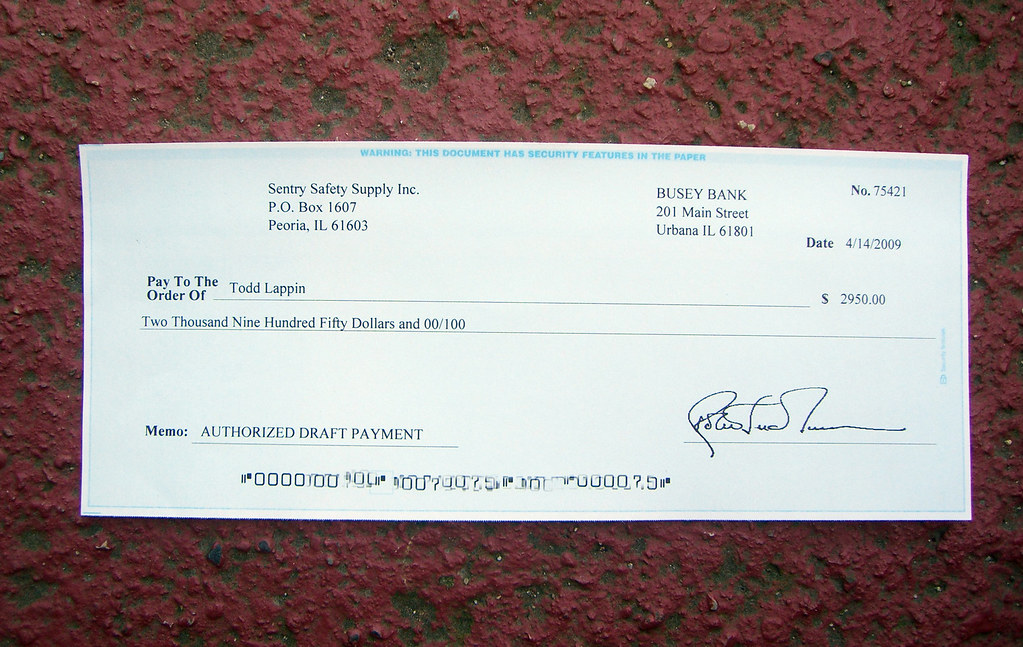
When you take out a personal loan, the lender typically will send the money to your checking account. This is typically done through a wire transfer or a check. However, if you’re taking out a loan for debt consolidation or to pay off a high-interest loan, some lenders will send the funds directly to the creditor(s).
8. How Long Will You Have to Pay it Back?
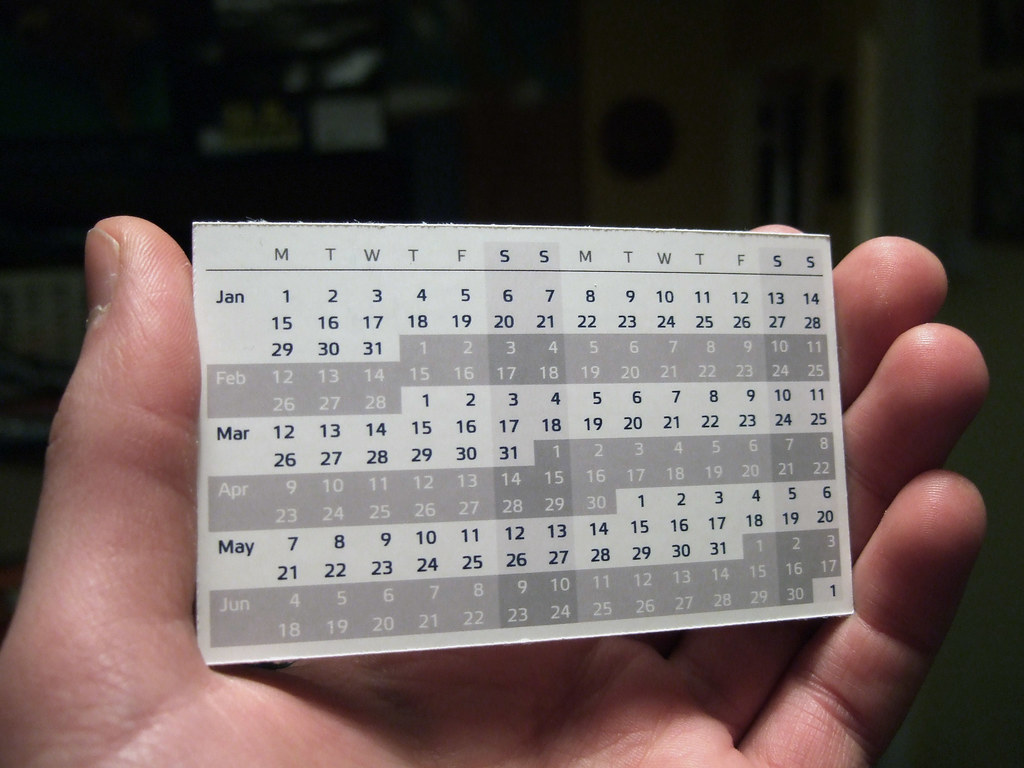
In most situations, you will be required to begin paying monthly installments within thirty days. In a typical personal loan program provided by most lenders, the total length of the payment term will range between six months and seven years. The loan repayment term (length of the loan) you select will affect both the interest rate and monthly payment.
7. How Much Interest Will You Pay?
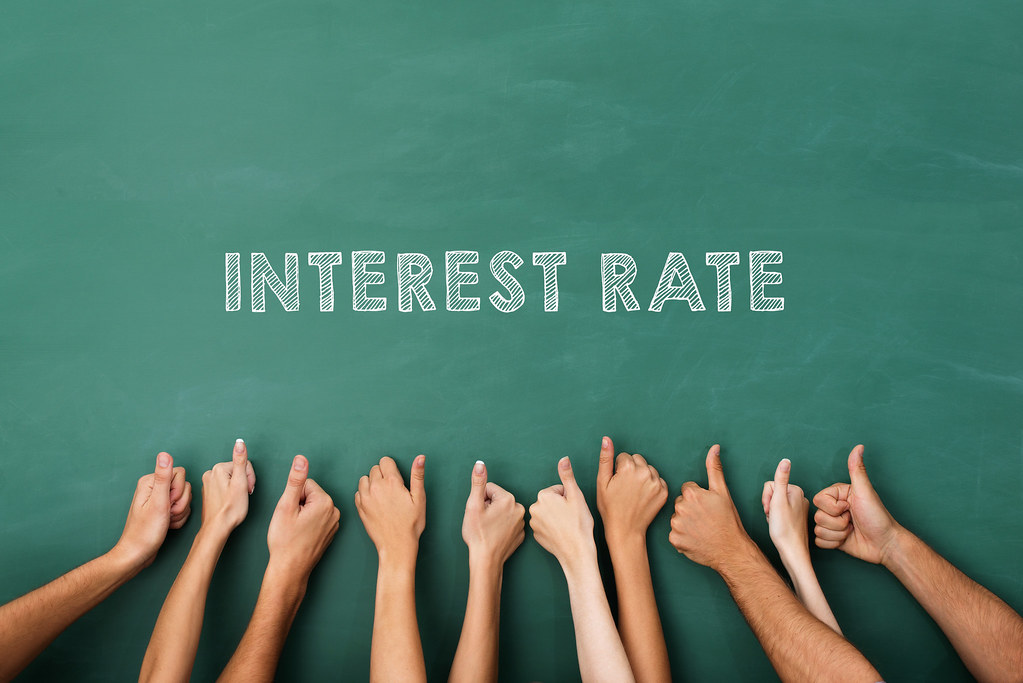
The interest rate you pay on a new loan depends on several factors. Foremost is your credit score, the loan amount, and the length of time to repay the loan. With a good or excellent credit score and the shortest repayment term, it will reduce your interest rate. On personal loans, interest rates can range from 5.99% to over 29.99%.
6. Can You Afford the Monthly Payments?
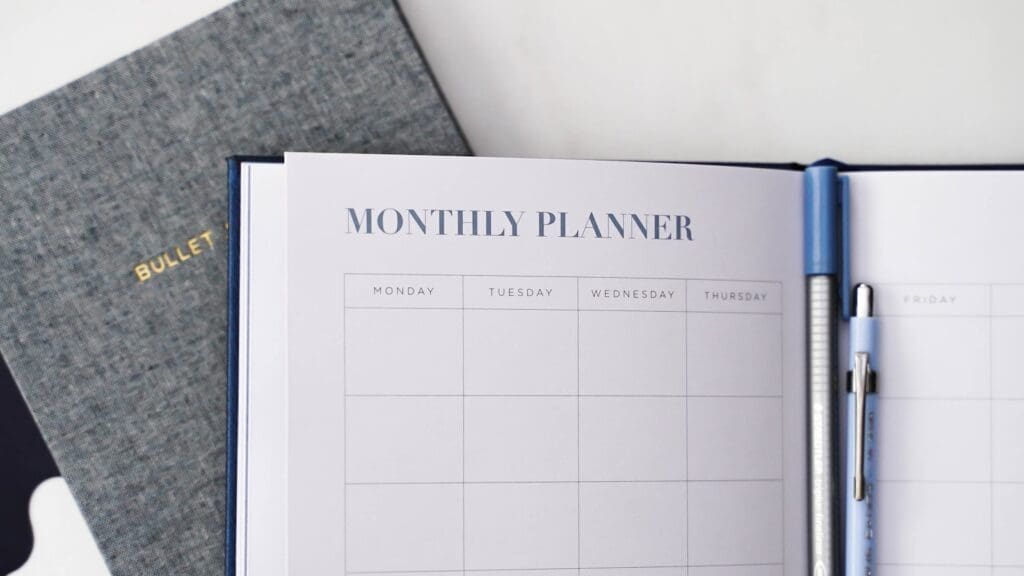
When applying for a personal loan, choose a repayment plan that works best for your cash flow and income level. Generally, borrowers should spend no more than 35% to 43% of their income on debt. Make sure the payments don’t leave you strapped for cash. Lenders sometimes offer to lower your APR by 0.25% or 0.50% if you use autopay.
5. Does the Loan Have Fees?

Most lenders don’t charge fees other than interest. However, some may charge a one-time upfront origination fee. It may be a flat fee or they may charge an amount that’s 1% to 5% of the loan amount. However, origination fees are rare and you should be able to shop around for a lender that doesn’t charge them.
4. Do You Have a Good Enough Credit Score?
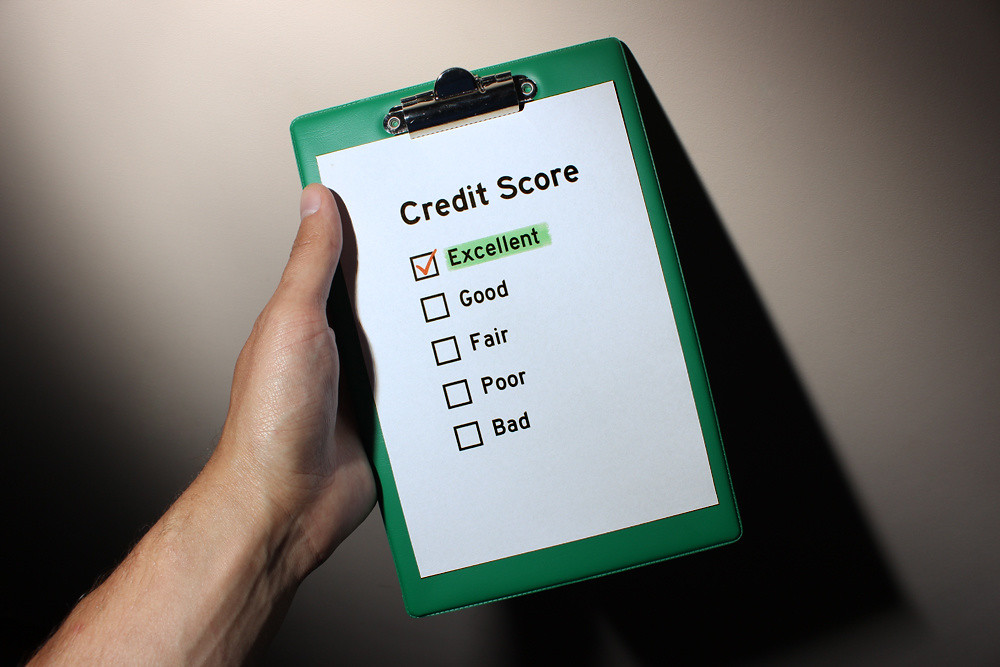
Before shopping for a personal loan, get your credit score. Most lenders, especially online banks, prefer applicants with a good credit score, defined as 690 or above. Some credit unions will work with borrowers with fair or average scores and offer lower interest rates on personal loans. Upstart accepts applicants with insufficient credit history or no credit score at all.
3. What Other Options Are Available?
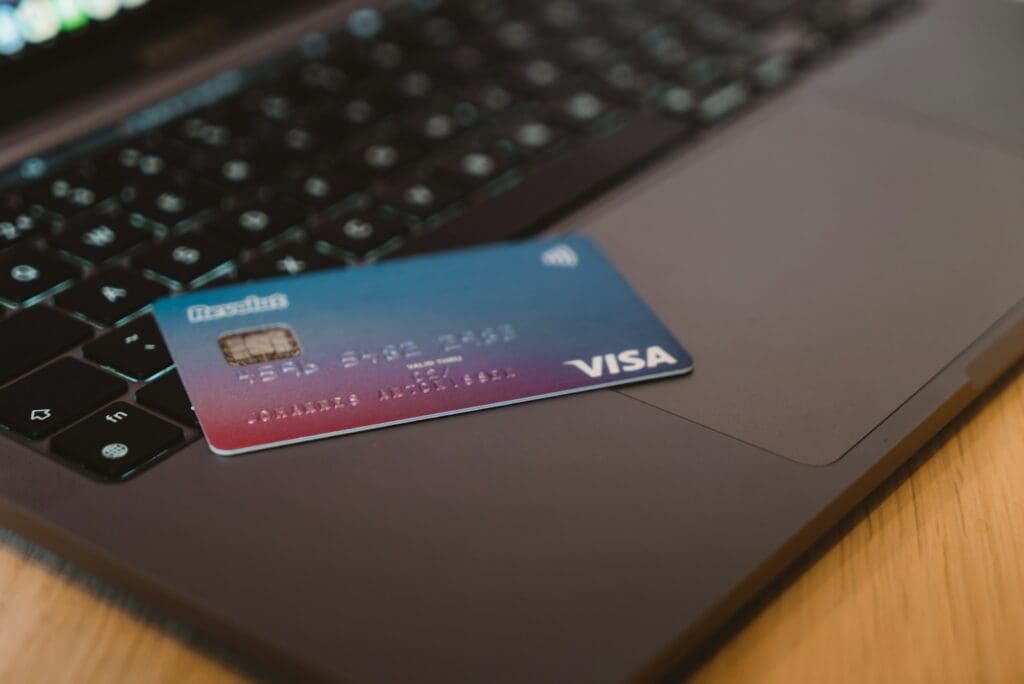
The strategy for alternate options depends on what you need the money for. For example, to pay off debt, consider a balance transfer credit card with a 0% introductory APR instead. These cards sometimes offer up to 21 months before interest charges begin. To finance a large purchase, consider 0% APR credit cards offering 21 months and no annual fees.
Read More: These 10 Mistakes Could Ruin Your Credit
2. How Soon Do You Need the Money?
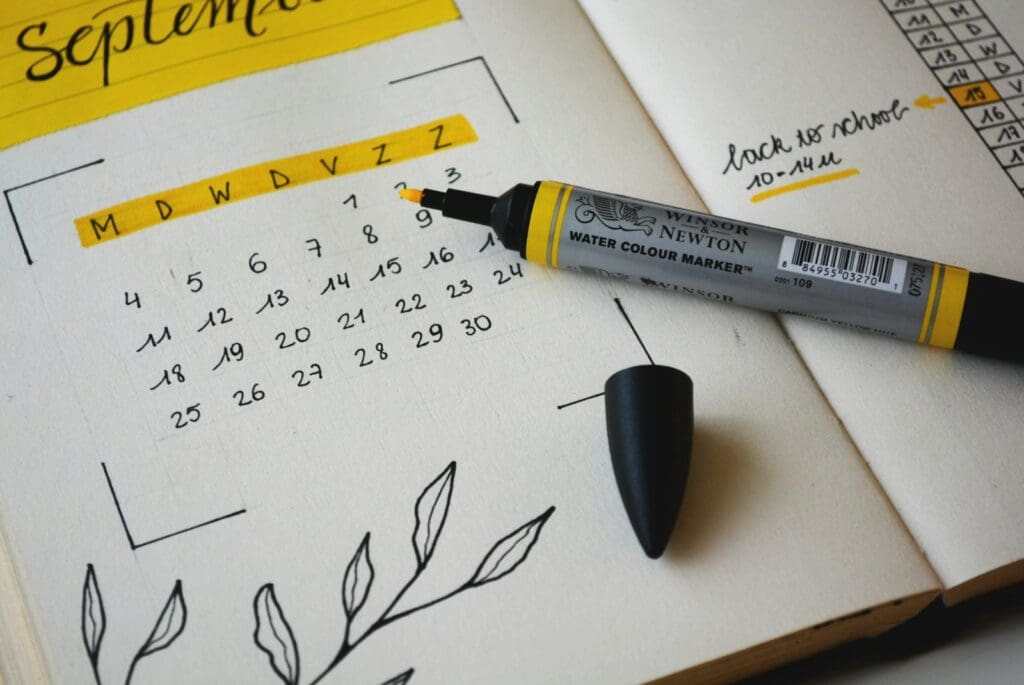
The loan approval process takes some time. After your loan is approved, many lenders take up to 10 business days to provide the funds to borrowers. However, if you need cash immediately there are other options. LightStream delivers funds electronically the same day you’re approved. Personal loans start at 7.49% APR, the lowest rate of any lender.
Read More: 15 Ways to Improve Your Credit Score
1. How Will the Loan Affect Your Credit Score?
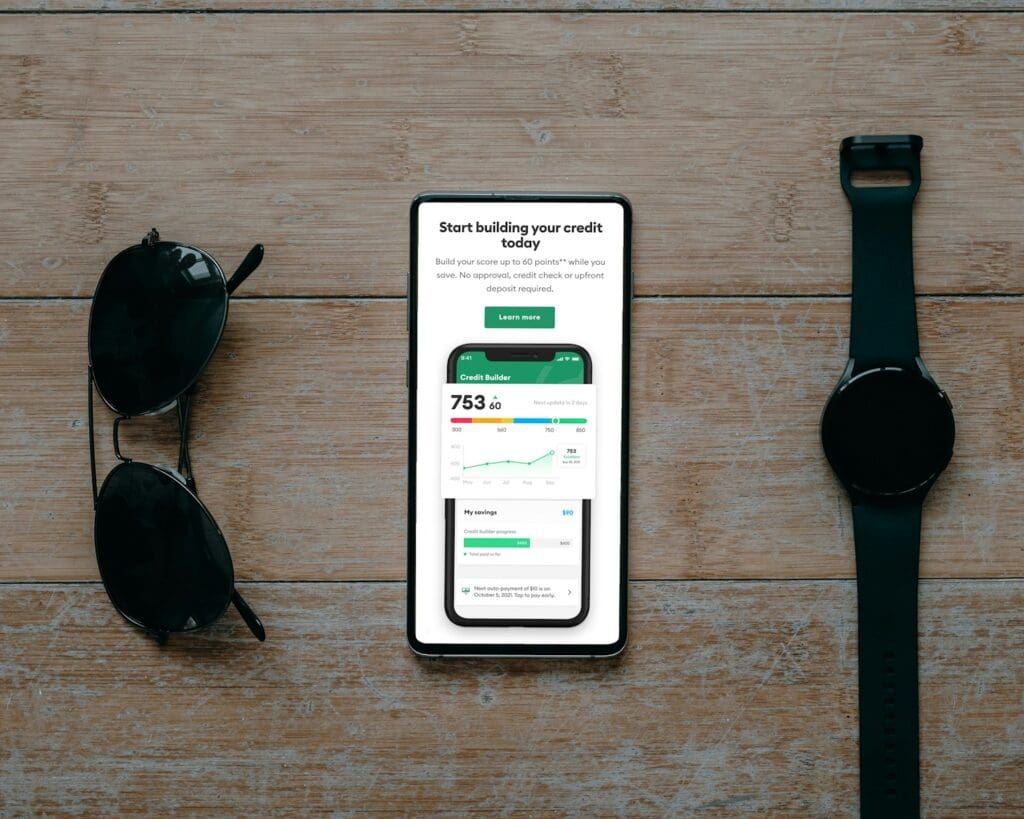
Credit cards are revolving credit. Personal loans are installment credit. Having both types of loans in your credit profile strengthens your mix. An installment loan won’t necessarily boost your credit score. However, if you are using the loan to pay off revolving debt, it will improve your score. Aim to keep your debt below 10% of your available credit limit.
Read More: 10 Things to Know Before You Refinance Your Mortgage








